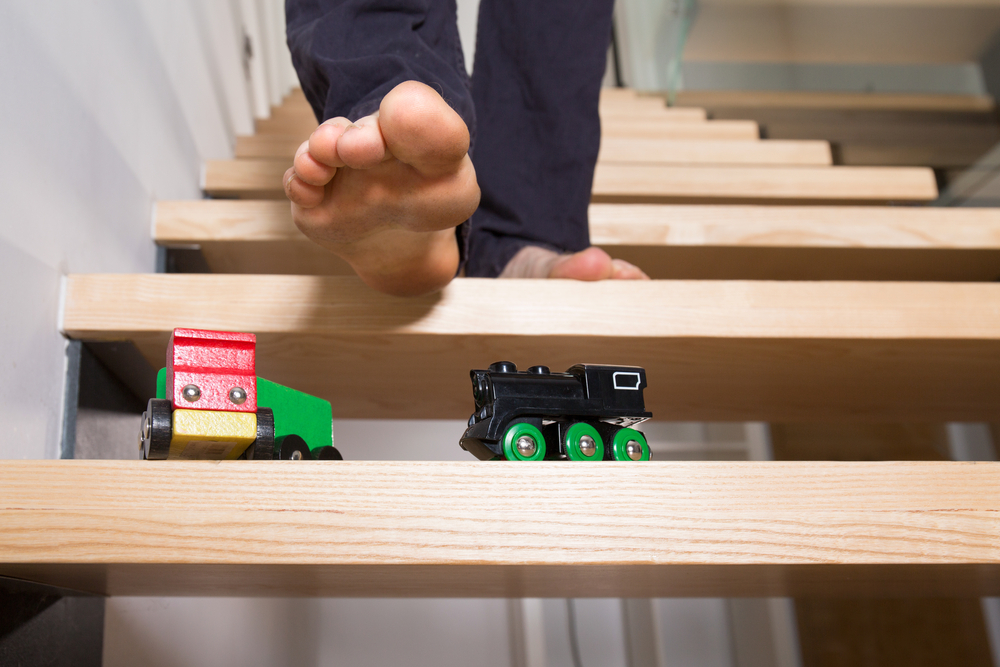Raising a child with cerebral palsy (CP) is a journey filled with both challenges and profound joys. As parents, you are your child’s support system, advocating for their needs and celebrating their milestones. Understanding CP and navigating the resources available can seem overwhelming, but armed with the right information and a support network, you can make informed decisions that enhance your child’s health, development, and happiness. This article aims to offer practical tips for parents, from managing healthcare to improving communication, to empower you and your child on this journey.

1. Educate Yourself About Cerebral Palsy
Supporting your child begins with improving your knowledge of cerebral palsy. It includes a variety of disorders that impact movement, muscle tone, and posture, resulting from harm to the brain during its development. Familiarizing yourself with the types of cerebral palsy, how they affect movement, and potential associated conditions, such as intellectual disabilities or epilepsy, equips you to advocate effectively for your child. Knowledge is power, and it enables you to navigate treatment options, therapies, and support with confidence.
2. Develop a Strong Healthcare Team
A multidisciplinary healthcare team is crucial in managing cerebral palsy. This team might include paediatricians, neurologists, physical therapists, occupational therapists, and speech therapists, each playing a unique role in your child’s care. Finding healthcare professionals experienced in the condition can provide not only treatment but also guidance and support for your family. Collaborating closely with this team allows for a coordinated approach to your child’s health, ensuring they receive comprehensive care tailored to their needs.
3. Seek Legal Advice When Necessary
In some instances, cerebral palsy may result from medical negligence during pregnancy, birth, or early infancy. If you suspect this might be the case for your child, it’s important to consult with cerebral palsy lawyers. These specialists can help you understand your legal options and whether you may be entitled to compensation. This compensation can be crucial in covering medical expenses, therapy, and adaptive equipment, providing financial support for your child’s specific needs.
4. Create a Supportive Home Environment
Adapting your home to meet the needs of a child with cerebral palsy can significantly enhance their independence and quality of life. Consider modifications such as ramps for wheelchair access, grab bars in bathrooms, and adjustable furniture. A supportive home environment is one that accommodates your child’s mobility and accessibility needs, fostering their ability to participate in family life and daily activities with greater ease.
5. Prioritize Communication Skills
Communication is essential for connection, and for children with this condition, developing effective communication skills may require creative strategies and assistive technologies. For those with speech difficulties, tools like speech-generating devices or picture boards can be life-changing. Encouraging and supporting your child in finding their voice—whether through words, gestures, or technology—opens up new avenues for expression and interaction, enriching their social and emotional development.
6. Embrace Physical and Occupational Therapy
Physical and occupational therapy play vital roles in enhancing the mobility and daily living skills of children with cerebral palsy. Through regular sessions, physical therapists work to improve muscle strength, flexibility, and coordination, while occupational therapists focus on skills needed for daily activities, such as dressing, eating, and writing. Engaging your child in these therapies from an early age can promote independence and confidence, laying a foundation for a more active and self-sufficient life.
7. Explore Special Education Services
It’s essential to explore special education services available in your area to support your child’s learning journey. Many schools offer Individualized Education Programs (IEP) tailored to meet the unique needs of children with disabilities. These programs can include modifications to the curriculum, one-on-one support, and the use of assistive technology to enhance learning. Collaborating with educators and therapists to develop an IEP ensures your child receives the educational opportunities they deserve, promoting intellectual growth and social interaction.
8. Focus on Nutrition and Feeding
Children with cerebral palsy may face challenges with feeding and nutrition, including difficulties with swallowing, chewing, and digesting food. Ensuring your child receives a balanced diet is crucial for their overall health and well-being. Consulting with a nutritionist experienced in the condition can help you identify the best feeding techniques and dietary adjustments to meet your child’s needs. Specialized feeding equipment, such as adapted utensils, plates, and cups, can also support independent eating and make mealtimes less stressful for everyone involved.
9. Encourage Social Interaction
Social interactions are vital for a child’s emotional and social development. Encouraging your child to engage with peers can help them build friendships, improve communication skills, and boost self-esteem. Look for inclusive activities and groups where children of all abilities participate together, such as adaptive sports, arts and crafts classes, or music therapy sessions. Fostering a sense of belonging and acceptance is key to helping your child navigate social environments and form meaningful connections.
10. Address Emotional and Behavioral Health
The emotional and behavioural health of such children is as important as their physical health. Children may experience frustration, anger, or sadness related to their condition, leading to behavioural challenges. Accessing psychological support can provide your child and your family with strategies to manage these emotions effectively. Therapists specializing in pediatric psychology can offer coping mechanisms, promote positive behaviour, and support your child’s emotional resilience.
11. Plan for the Future
Long-term planning is crucial for parents of children with cerebral palsy. This includes financial planning to ensure resources are available for ongoing care, potential therapies, and adaptive equipment. Additionally, considering guardianship and future living arrangements as your child approaches adulthood can help provide peace of mind. Exploring transition services offered through schools or community organizations can also prepare your child for the shift to adult healthcare services and vocational opportunities.
12. Take Care of Yourself
Caring for a child with cerebral palsy can be demanding, making self-care for parents necessary. Prioritizing your own health and well-being ensures you have the energy and resilience to support your child effectively. Seek out respite care options to give yourself breaks, connect with other parents who understand your experiences for emotional support, and consider counselling if you’re feeling overwhelmed. Keep in mind that taking care of yourself is not selfish—it’s essential for being the best parent you can be.
Conclusion
Raising a child with cerebral palsy is a path filled with both challenges and unparalleled rewards. By making use of these tips, you can take the steps needed to offer your child greater opportunities for growth, independence, and happiness. Make use of any and all support you have available to you. A community of healthcare professionals, educators, and fellow parents surrounds you, each with insights and support to offer. You and your child can overcome obstacles and celebrate successes, empowered by knowledge, support, and an unwavering commitment to their well-being.
DISCLOSURE – This is a collaborative post.




